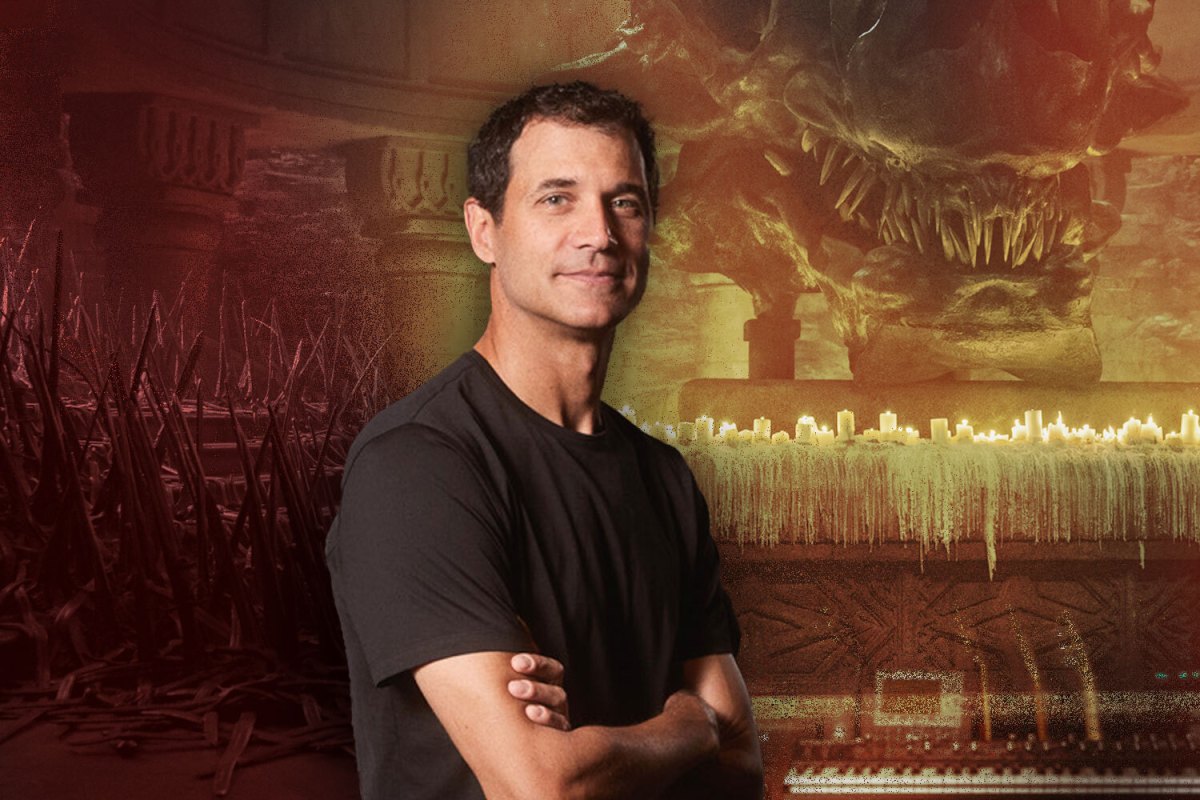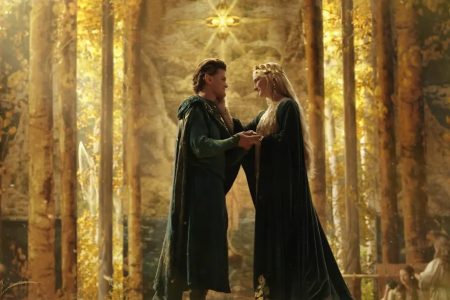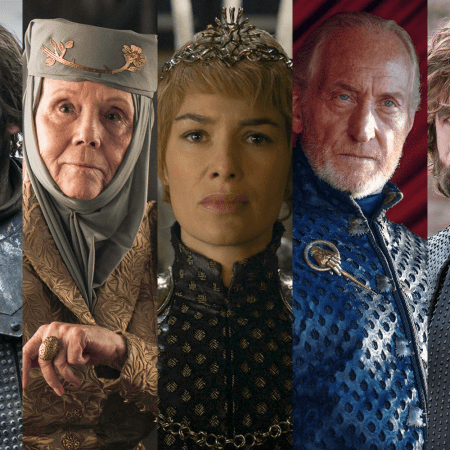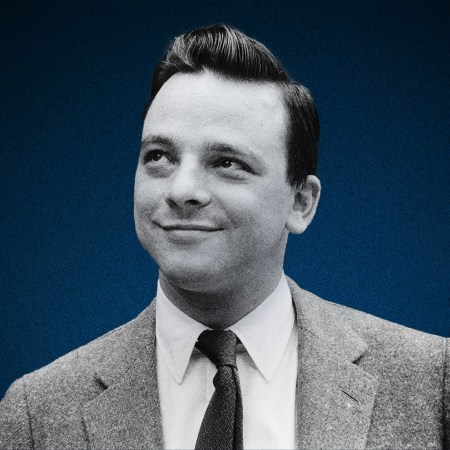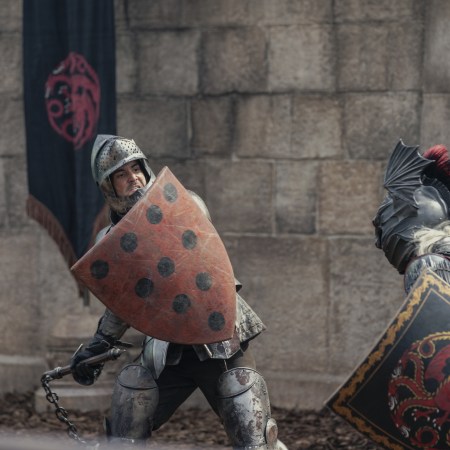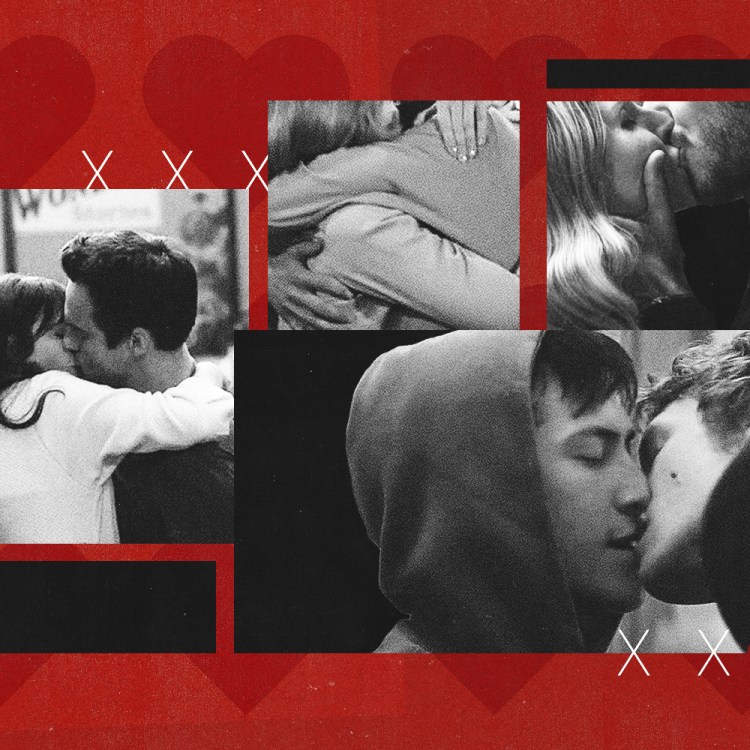If you’re eagerly awaiting the next season of House of the Dragon after the finale last month, get ready for a long winter (and spring, and summer). On a recent morning when asked if he was working on the second season yet, composer Ramin Djawadi shook his head.
“No, no, no. Not even close,” Djawadi, who also composed the music for the original Game of Thrones series, told InsideHook. “I don’t have a schedule, I have no idea when things are coming back for me for this one.”
He will be back, though, that much you can count on.
The eighth and final season of Game of Thrones was not only a massacre for main characters, but for the creative team who worked on it, with co-creators and showrunners David Benioff and D.B. Weiss not coming back for the first spinoff. Miguel Sapochnik, who won an Emmy for his directing work on Thrones, did enlist in the House of the Dragon prequel as a co-showrunner with Ryan Condal (who didn’t work on the original); but after only two episodes aired, it was revealed that Sapochnik wouldn’t be returning for season two. As Condal said, “He’s definitely lived in Westeros for a really long time.”
These are, by all accounts, brutal shows to work on. With dragon-sized demands and expectations, it’s no wonder some people flame out. But Djawadi, who has been in Westeros on and off for more than a decade now, couldn’t wait to write music for this next installment in George R.R. Martin’s fantasy world, and he’s ready in his studio whenever they’ve got new film for him to score.
“I love being in that world, especially now after three years, or however long it was with the pandemic,” Djawadi said. “I remember when they sent me the first couple of episodes [of House of the Dragon] and I started watching — I was excited. They did such a great job with tying it in, and the locations and the costumes. It was all new, but yet again, that DNA was all there.”
However, for viewers who tuned into the new show (all 29 million of them per episode), much of the immediately familiar DNA that carried over from Thrones was not the locations or the costumes, but Djawadi’s music. In fact, his work was the first and perhaps most surprising thing people experienced on Sunday, August 21, when everyone went back to appointment viewing, as the team kept the same title music from the original series.
“It’s been off the air for such a long time,” he explained. “And on the original show, we always looked at the main theme as the overarching theme for all the characters, for everything.” That reliance on the opening sequence continued in House of the Dragon. When King Viserys would talk about the prophetic dream of Aegon the Conqueror, predicting a winter that would destroy all mankind if they were not united, Djawadi said he wove in the main title. But other than that all-important song, and a few callbacks (the soundscape used alongside the first appearance of dragons may have brought people back to the reign of Daenerys), he was adamant about starting from a clean slate this time around.
“The one thing I always did every season with Game of Thrones was I tried to expand on what was there, which got harder every time,” he said. That’s partly because there were so many established musical themes for characters, which could then be brought back, tweaked and woven in with other motifs, and partly because he was churning through instruments like Westeros goes through rulers — hammer dulcimers (for Arya’s theme), Armenian duduk (for the Dothraki), didgeridoo (for the Wildlings). “I tried really hard in the beginning to let go of the old stuff and say, because there was almost overload with all the new characters, ‘We have to reset, we have to plant these new motifs and themes and then just go from there.’”
But if you think this job of composing awe-inspiring orchestral music to scenes of flying dragons, armored jousting and castle intrigue sounds romantic, you may be let down by the reality of it. On the other hand, you may be awestruck that Djawadi is able to write such impassioned compositions with the material he is given to work with.
He says the episodes are “still fairly rough” when he first gets them to begin writing music. “Especially the visual effects are very incomplete, so it’s not as glorious as it is when it’s final,” he explained. “There’s a lot of blue screen…especially with the dragons and everything. There might just be a sign that says ‘Dragon’ or some drawing or something, and then you just have to go, ‘Okay, that’s going to be epic when it’s done.’”
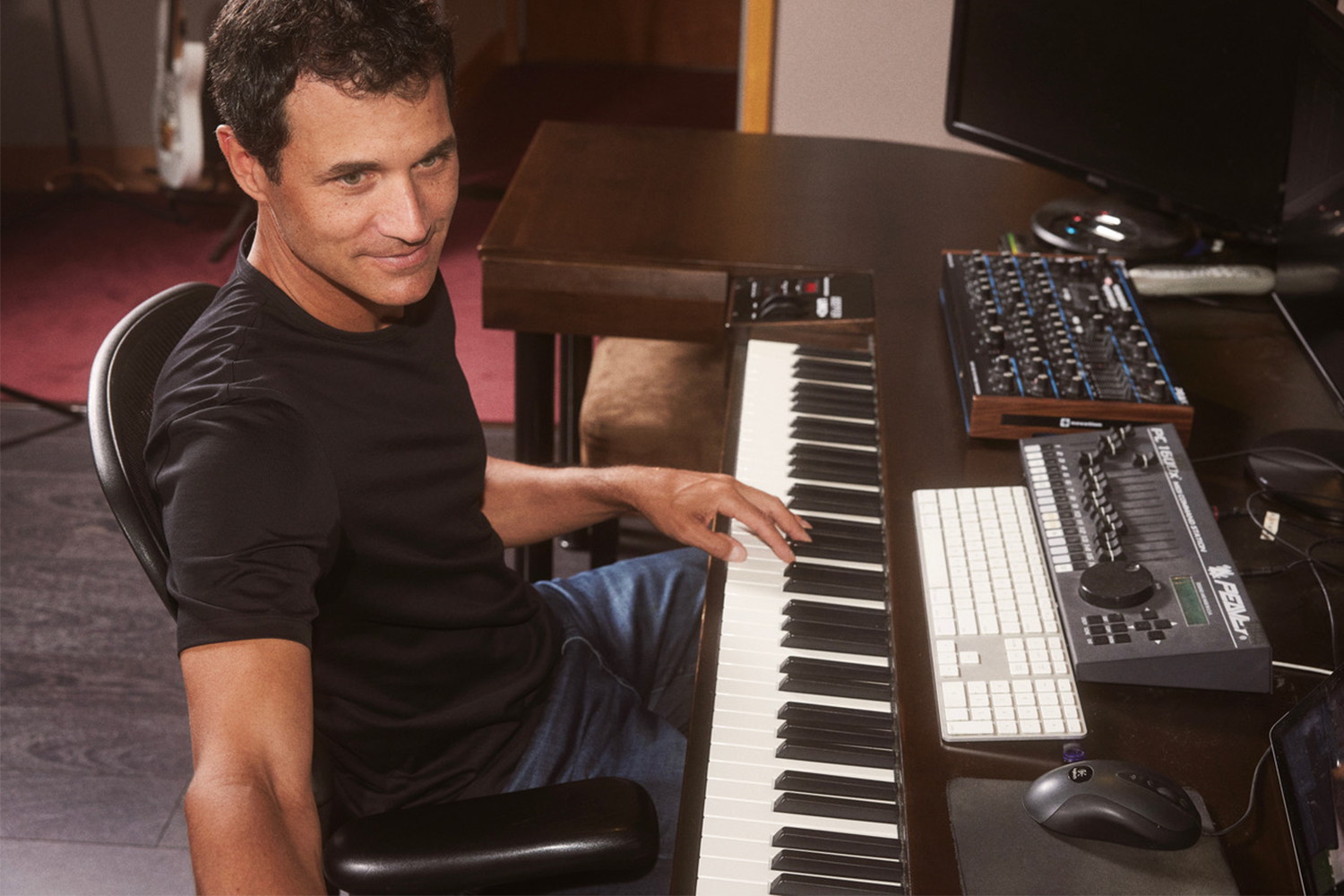
Anyway, dragons aren’t really what gets him excited. But flutes? Now that’s another story. On Thrones, Benioff and Weiss had instituted a ban on the woodwind instrument because they didn’t want their show to sound like every other fantasy show (that is, like a Renaissance festival). In House of the Dragon, Djawadi employed bamboo flutes to craft the music for House Velaryon, which he felt was appropriate “because they’re the travelers on the sea.” But you can tell he’s still loyal to the original showrunners, even if the fans aren’t, as he’s thought of a reason for why flutes would exist in this timeline but then be completely absent generations down the road.
“We thought, well, what if maybe 300 years before [Game of Thrones] there were certain instruments used that then later just fall away and are not used?” he mused.
There is one important instrument that has not fallen away. If anything, it’s become more consequential than ever.
“The cello, I have to say, still played the most prominent and dominant role in the show,” he said. “That’s just the key sound of the show. Originally we did not want to have a medieval-type sound, but I still wanted to use strings in a way, and I felt that the cello was able to go in the direction of medieval times if I wanted to, but also stay contemporary. It has a very wide range. It can play really low, but it also can play very high. It can get into the violin range. Actually there are a lot of occasions where I have the cello play in the range where you could also just say, let the violin play it. But then I thought, no, I’ll let the cello play it, because it still has that thicker sound. Somehow it resonated with me for the show. With the showrunners too, with David and Dan, when we landed on the cello, everybody was like, yeah, that’s the sound.”
“The Lord of the Rings: The Rings of Power” Wants to Bring Hope Back to TV
We caught up with the team behind the most expensive TV series in history ahead of its premiereIf the cello didn’t sound particularly sexy to you before, Djawadi’s work will certainly make you hear it anew. While much has been made of his use of novel instruments from far-flung countries and cultures (like the aforementioned duduk), most of the time his most memorable work involves classic instruments playing deceptively simple melodies, which, when deployed alongside pivotal scenes, have the ability to surpass even the story itself.
Take, for example, “Light of the Seven,” a 10-minute-long, piano-led piece in the season six finale of Thrones (the first time piano was used in the show) that leads up to Cersei Lannister blowing up the Sept of Baelor with neon green wildfire. As of this writing, the song has more than 116 million plays on Spotify. And as is the case with the most effective scores in movie and TV history, it only takes a few notes of that song to transport people back into the scene.
This rare skill — not to compose not necessarily beautiful or grand or complex or innovative music, but to compose memorable music — was honed under the tutelage of some of the best film composers of our time, notably Hans Zimmer and Klaus Badelt. Early in his career, Djawadi started as an assistant at Remote Control Productions, Zimmer’s studio, and went on to assist both composers in crafting the score for Pirates of the Caribbean: The Curse of the Black Pearl, which ended up being his big break.
“It was like 11 o’clock at night and there was this scene — and I’ve never been a pushy person, I’ve just been kind of in the background, I’m a more of a quiet guy — but there was this tricky scene,” Djawadi recalls. “It was the end of the night, and Hans just said, ‘We’ll look at this tomorrow.’ And then I just raised my hand and I said, ‘Can I have a go?’ So I stayed the night and I wrote the piece. I just didn’t go home…The next day when we had a meeting, he listened to the piece and it was very successful, and then that changed everything for me.”
The scene in question is one you likely remember: when Johnny Depp’s Jack Sparrow and Orlando Bloom’s Will Turner first cross swords. After Zimmer kept that piece in the final cut, Djawadi says, “That’s when I started writing music.”
Besides House of the Dragon and Game of Thrones, the 48-year-old composer’s oeuvre includes the music for other hit TV shows like Westworld and Person of Interest; major motion pictures like the original Iron Man, Eternals and A Wrinkle in Time; as well as a number of video games. When asked if there’s a piece of music he’s composed that he loves, but which doesn’t get as much attention as the Targaryen, Lannister and Stark themes, Djawadi mentions the track “Heroes Abroad” from the Medal of Honor games: “It’s a very emotional melody and it’s very cinematic and has more of a deeper intention than just action music for a shooter game.”
You won’t likely find him picking up a PlayStation controller, though, as Djawadi has plenty to keep him busy during his downtime before House of the Dragon picks back up. When we spoke, he was working on the third season of Amazon’s Jack Ryan series, which debuts in December. But when he does get a moment to relax, away from his digital audio workstation, what does he do for fun? After Game of Thrones ended, he said in an interview that his plan was to read all of the source material, Martin’s A Song of Ice and Fire series. So I asked, did he read them?
“No,” he laughs. “Yeah, you’re right, I said I would read them, but I just have not. Haven’t sat down to do it. I will, one day.”
First, Djawadi has at least one more season of House of the Dragon, but likely three or more, and then there are any future Thrones spinoffs he wants to score. Maybe he’ll get sick of being the reigning lord of Westeros. Right now, it doesn’t seem likely.
This article appeared in an InsideHook newsletter. Sign up for free to get more on travel, wellness, style, drinking, and culture.
